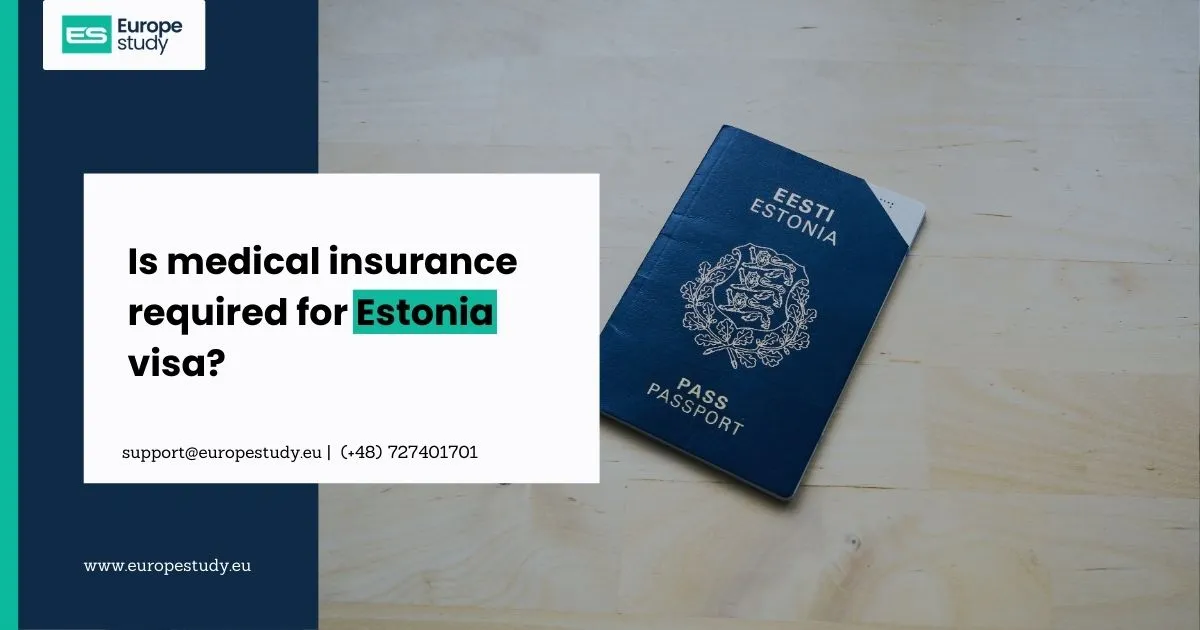
Polish B1 Exam: Essential Tips for Citizenship
If you’re considering Polish citizenship, one requirement you’ll need to fulfill is passing the Polish B1 exam, which is essential for non-native speakers applying for naturalization. But be warned – this test is no walk in the park! In this article, I’ll share my experience tackling the B1 exam and offer some helpful strategies to help you succeed.
The Basics of the Polish B1 Exam
To start, it’s important to know what to expect from the test. All essential information is available on the official Certyfikat Polski website, but here’s a brief overview:
- Sections: The exam includes five sections: listening, reading, grammar, writing, and speaking.
- Test Duration: The entire exam takes around 190 minutes, running from approximately 8:30 a.m. to 3:00 p.m. with scheduled breaks.
- Cost: The fee varies based on the Euro exchange rate, generally costing around 700 zł, plus an additional 100 zł for the certificate.
- Passing Score: You must achieve at least 50% in each section. There’s no option to pass the test overall if you fail a single section.
- What to Bring: Make sure to bring your passport and a pen.
- Results: Results are sent via email, usually within two months of taking the test.
The exam itself is spread across two days, with the written sections (listening, reading, grammar, and writing) taking place on Saturday, followed by the speaking section on Sunday. However, if you ask, they may accommodate some candidates by allowing them to complete the speaking portion on the same day as the written exam. For the speaking section, you’ll be assigned a specific 15-minute slot, so there’s no need to arrive too early.
Choosing Your Exam Location
The first step in your preparation is deciding where to take the exam. Multiple testing locations are available, which can be found on the Certyfikat Polski website. I chose Katowice because it was the closest option for me, but you should pick a location that’s convenient for you.
Preparing for the Polish B1 Exam: Tips and Strategies
Here’s how I managed to get through the test and some advice to help you do the same:
1. Understand Each Section’s Requirements
Familiarize yourself with the format and expectations for each section. The listening and reading sections test comprehension skills, grammar checks your accuracy, writing evaluates your ability to construct coherent texts, and the speaking portion assesses your conversational skills.
2. Practice Regularly
Consistent practice is key, especially in listening and speaking. Use language apps, Polish media, and practice papers available online. Consider speaking practice with a tutor or a Polish friend to enhance your fluency.
3. Focus on Grammar
Polish grammar can be challenging for non-native speakers. Brush up on common grammar rules and practice constructing sentences accurately.
4. Stay Calm and Organized
On test day, stay focused and manage your time effectively, especially during the writing and listening sections. Take advantage of any breaks to refresh your mind.
5. Get Familiar with the Venue
Arrive at your chosen location early to get a sense of the surroundings and locate your exam room without added stress.
By preparing thoroughly and following these tips, you’ll be well-positioned to take on the Polish B1 exam with confidence. Best of luck on your journey to Polish citizenship!





